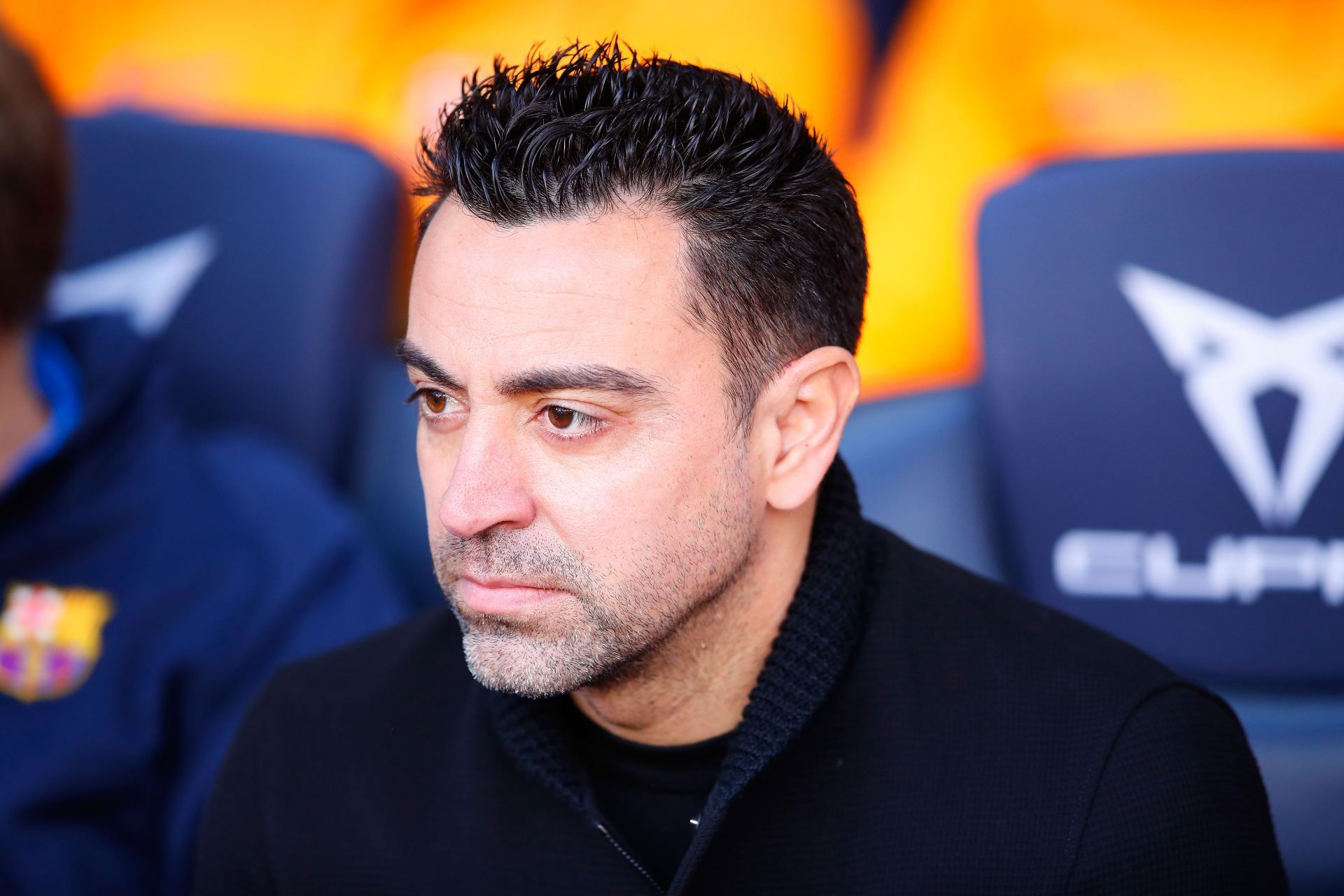
Xavi Hernandez: Barcelona discover their Guardiola 2.0
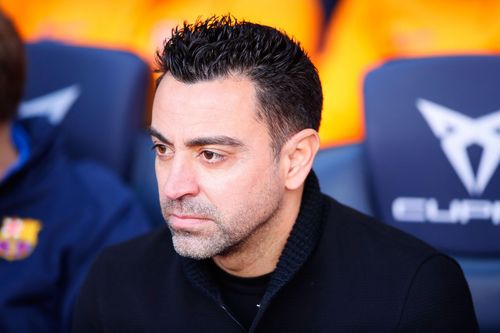
Barcelona did to Real Madrid what the latter did to Paris Saint-Germain on March 10, in the Champions League. It was Madrid’s turn to look out of sorts. Indeed, Barcelona laid siege to the Real Madrid defence for much of the game. It was time for Carlo Ancelotti’s men to look flabbergasted.
A victory for Barcelona was always possible, especially after strong performances against Atletico Madrid, Osasuna, and Galatasaray, in the second leg of the Europa League. But few would have predicted a 4-0 scoreline in favour of the Catalan kings.
While Barcelona seem to be enjoying this renaissance under Xavi, both fans and the management must be cautious because all good things come to and end. Once upon a time, Barcelona looked like they would never be beaten under Pep Guardiola.
It seemed like this juggernaut would continue to quash opponents, at least, for another decade. This was in 2009, and Guardiola’s team was assured of dominating European club competition, not to mention their domestic league, for years to come.
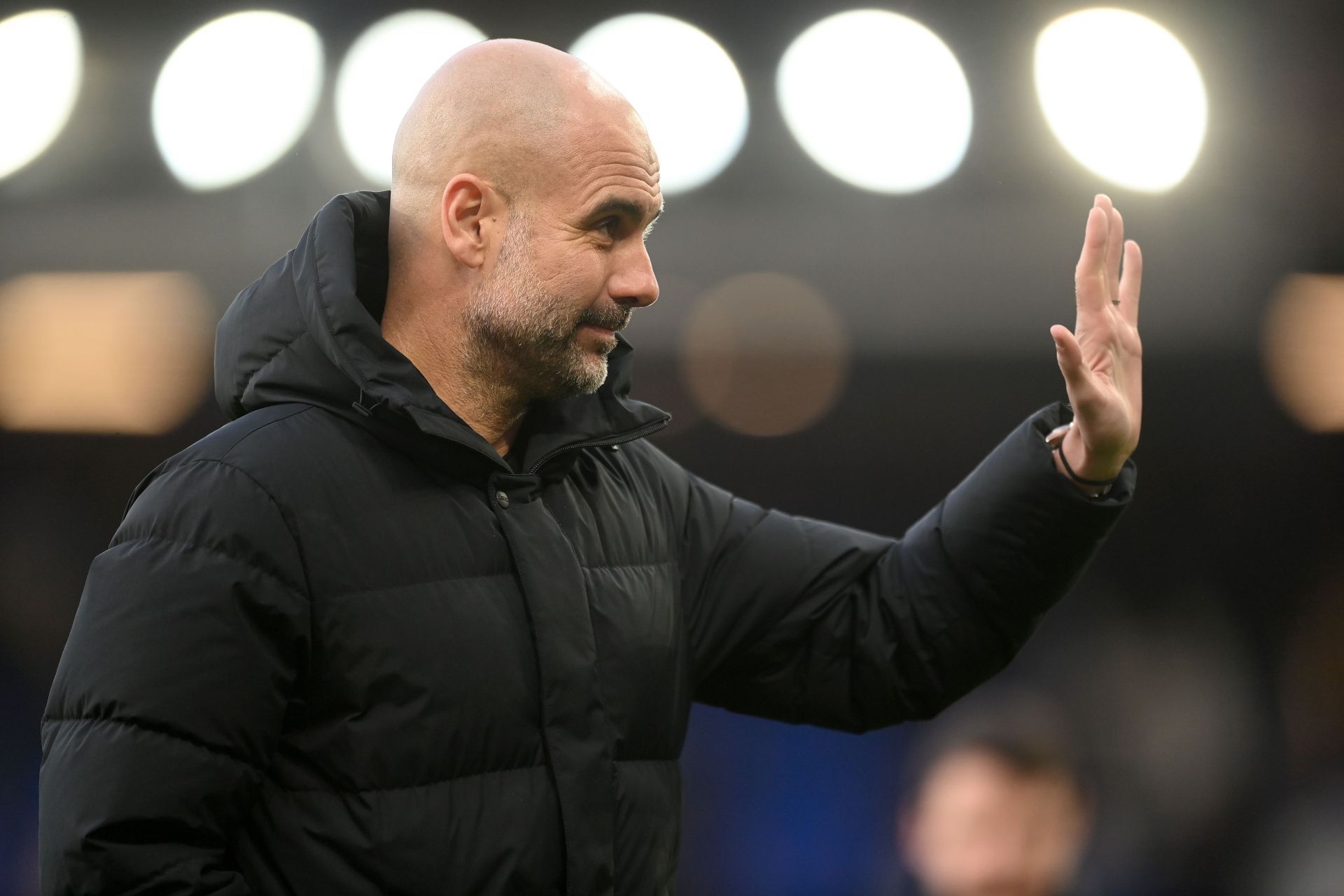
Unpredictability of top-flight football
The football industry, like the stock market, has a way of being too volatile for its own good. Joan Laporta got himself axed from the Barcelona presidency in 2010, a position he had held since 2003, and in came Sandro Rosell. It is safe to say in hindsight that Guardiola and the newly elected Rosell did not have the best of relations.
What looked like a decade of dominance quickly turned into a spiraling nightmare. Terms such as ‘burnout’ began circulating in the press and the genius manager left Catalonia in 2012 without even winning the league in his final season. Guardiola had to go for a sabbatical in New York to recharge his batteries, such was the strain of managing Barcelona for four years.
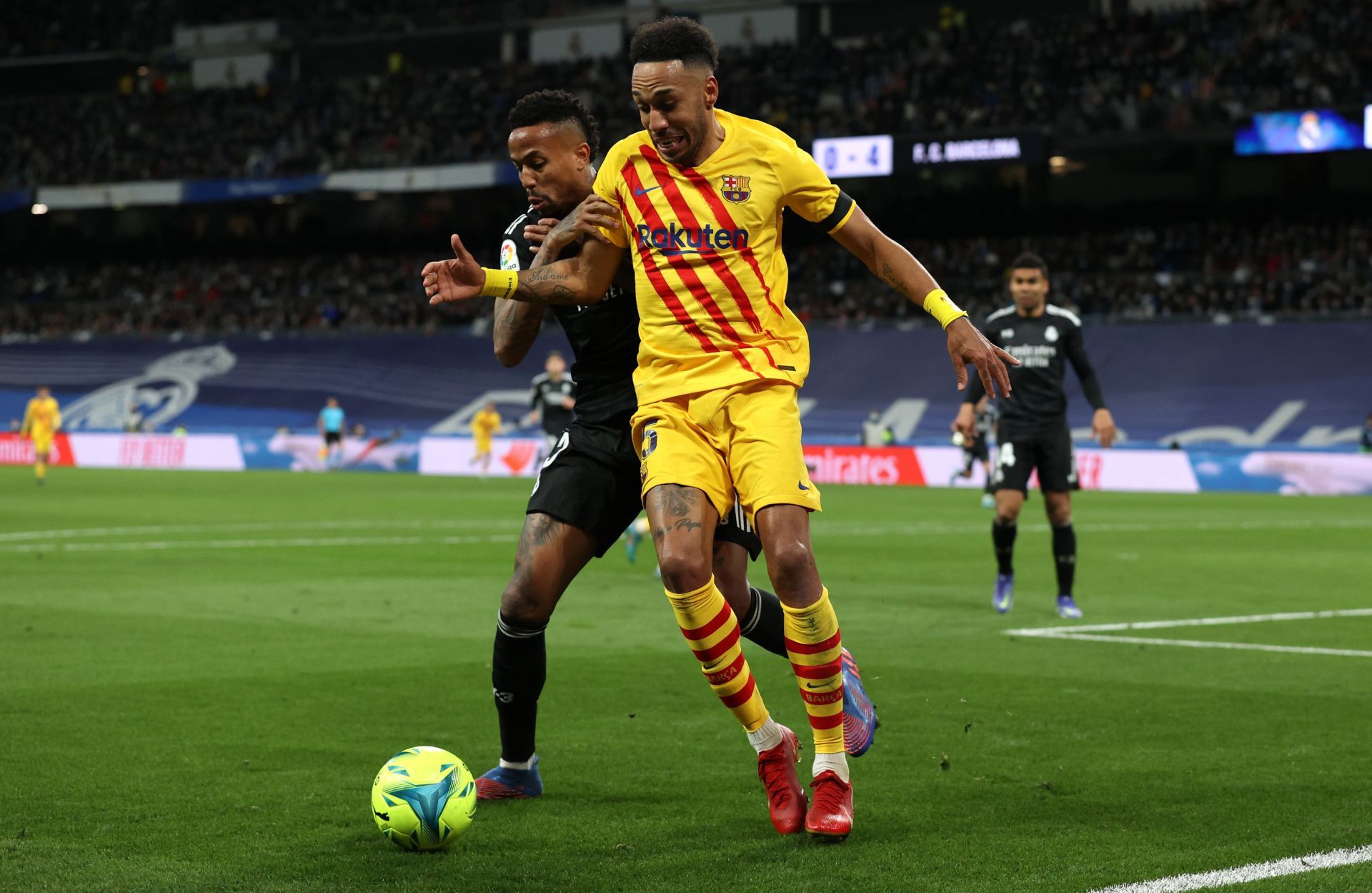
This raises two important points that we shall ponder in this article. One is that football is a volatile industry and long-term success is never guaranteed. Two, the relationship between the management and the higher echelons of a club continues to evolve, leading to unforeseen circumstances.
All we need to look at is Guardiola’s example. It seemed certain he would be staying at Barcelona for decades, but things transpired differently. Therefore, Barcelona fans, the players, and all well-wishers must adopt a stance of caution while setting similar expectations from Xavi Hernandez.
“We are back” - confirmed Gerard Pique in a hastily typed tweet right after their 4-0 thrashing of Real Madrid. Praise came from Germany in the form of Thomas Muller, who congratulated Barcelona for their “amazing performance”.
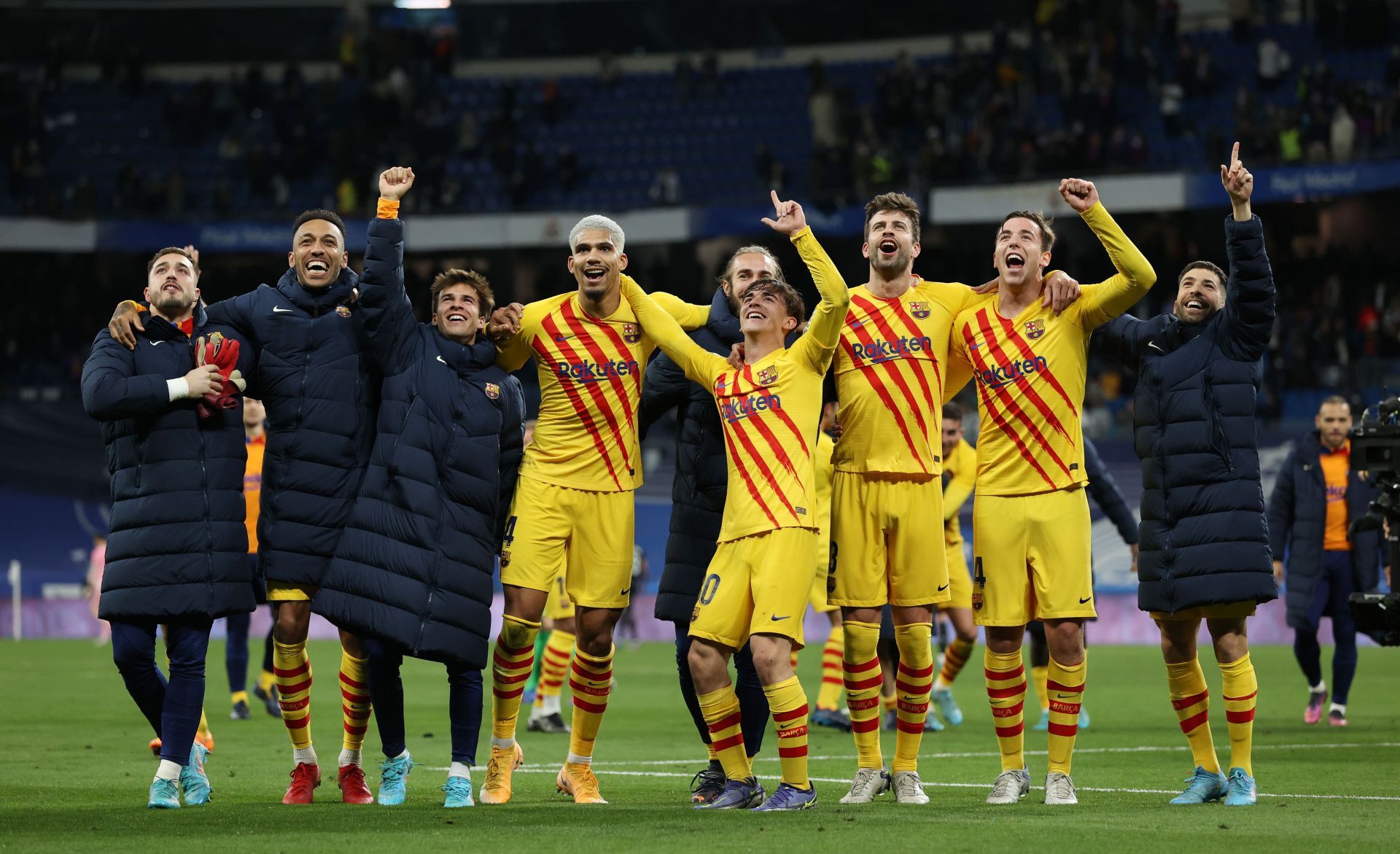
All the pain and frustration of the last few years was suddenly forgotten in one fell swoop. It is definitely heartening to look at Xavi and his players enthusiastically hugging and congratulating each other. In short, team spirit in the Barcelona camp has never been so high since the early days of Guardiola.
Can Xavi maintain his intensity?
All honeymoon periods come to an end. Football, like all collective endeavour, depends on momentum and a touch of good fortune. Xavi is certainly a hard taskmaster, jumping around in agony on the touchline when Dembele and company lost possession cheaply at the Bernabeu.
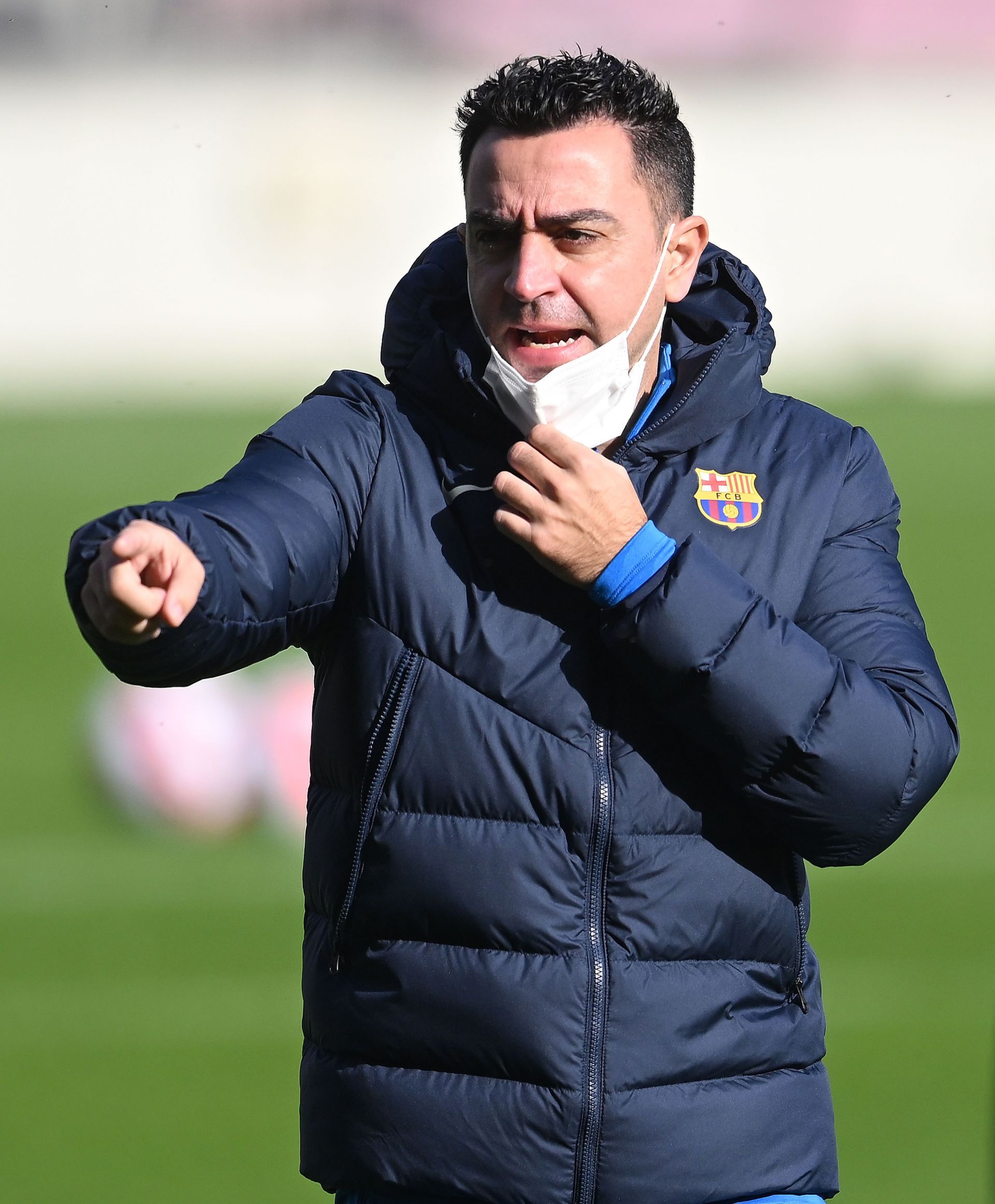
Xavi neglected the 4-0 scoreline, opting instead to insist that his team play faultless football. Such intensity is indeed praiseworthy and it usually lasts for a few years. His greatest challenge, however, would be to sustain this momentum of ’good feeling' for the remainder of the season and carry it into the next.
More importantly, we must realise that the team still relies heavily on a core group of youngsters who must be given proper time to develop and flourish. Pedri certainly looks to be playing at a level beyond his years. He is bossing the midfield at the Santiago Bernabeu and scoring the all-important equalizer against Galatasaray.
However, the others must also be given the time and the love to rise up to Pedri’s level.
Barcelona’s woeful contract situations
There are more pressing matters for Xavi on the horizon. How will he integrate the now injured Ansu Fati into the team when he becomes available for selection? How will Ferran Torres react to being ousted from the starting lineup by Ansu Fati, if at all Xavi makes that decision?
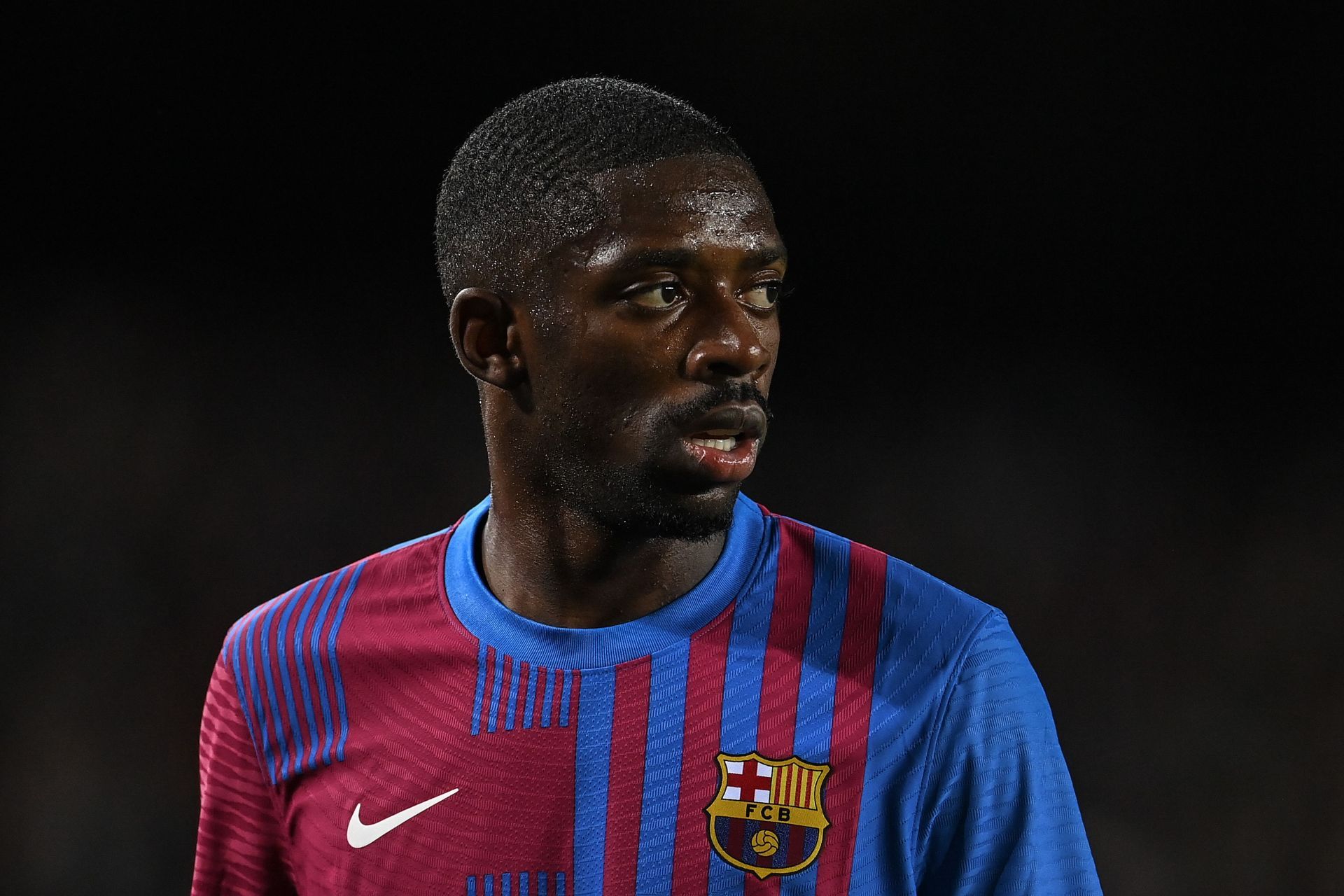
The contract situations of Ousmane Dembele and Ronald Araujo must also be addressed quickly, with both individuals playing instrumental roles in the Clasico.
At this point, Barcelona cannot afford to lose either of the two, but it looks like they will. Reports have emerged of Dembele’s desire to leave for PSG while Araujo is touted to move to the Premier League for hopes of a bigger paycheck. Still, the Catalans must do everything in their power to hold on to them.
Fanfare can be detrimental for Barcelona
Too much celebration would only put more pressure on this young team. Fans were stunned by the 4-0 hammering of Real Madrid because they never expected Barcelona to pull off such a performance.
Now they will expect such performances in every match. The bar has suddenly been raised for the Blaugrana, and a sub-par performance will quickly bring back doubts.
More curiously, fans feel astonished because they realise that this team has punched above their weight. A team of relative ‘novices’ has schooled a group of veterans, so much so that Toni Kroos had to endure the humiliation of being substituted at half-time.
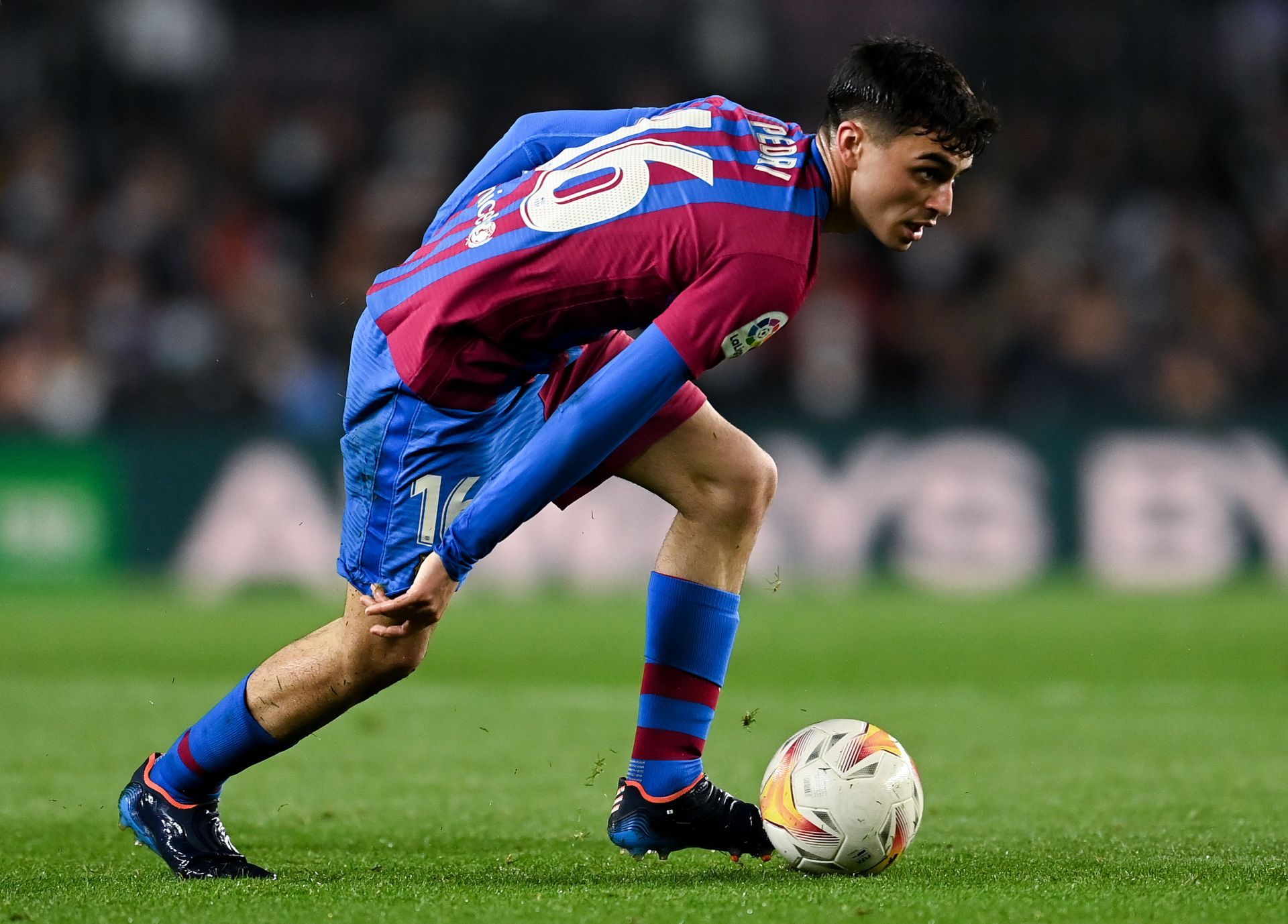
In truth, it’s unrealistic for this team to continue performing at this level. Yes, they may sustain it for the remainder of the season, but there will be a large gap between the end of this season and the beginning of the next.
There will be new arrivals and departures, and the objectives next season would be, in typical Barcelona fashion, to win every major silverware.
The Xavi model
Calls for the Xavi model are already underway. Journalists have begun comparing Xavi’s quick resurgence of Barcelona with the failure of Ralf Rangnick’s Manchester United to conjure similar magic.
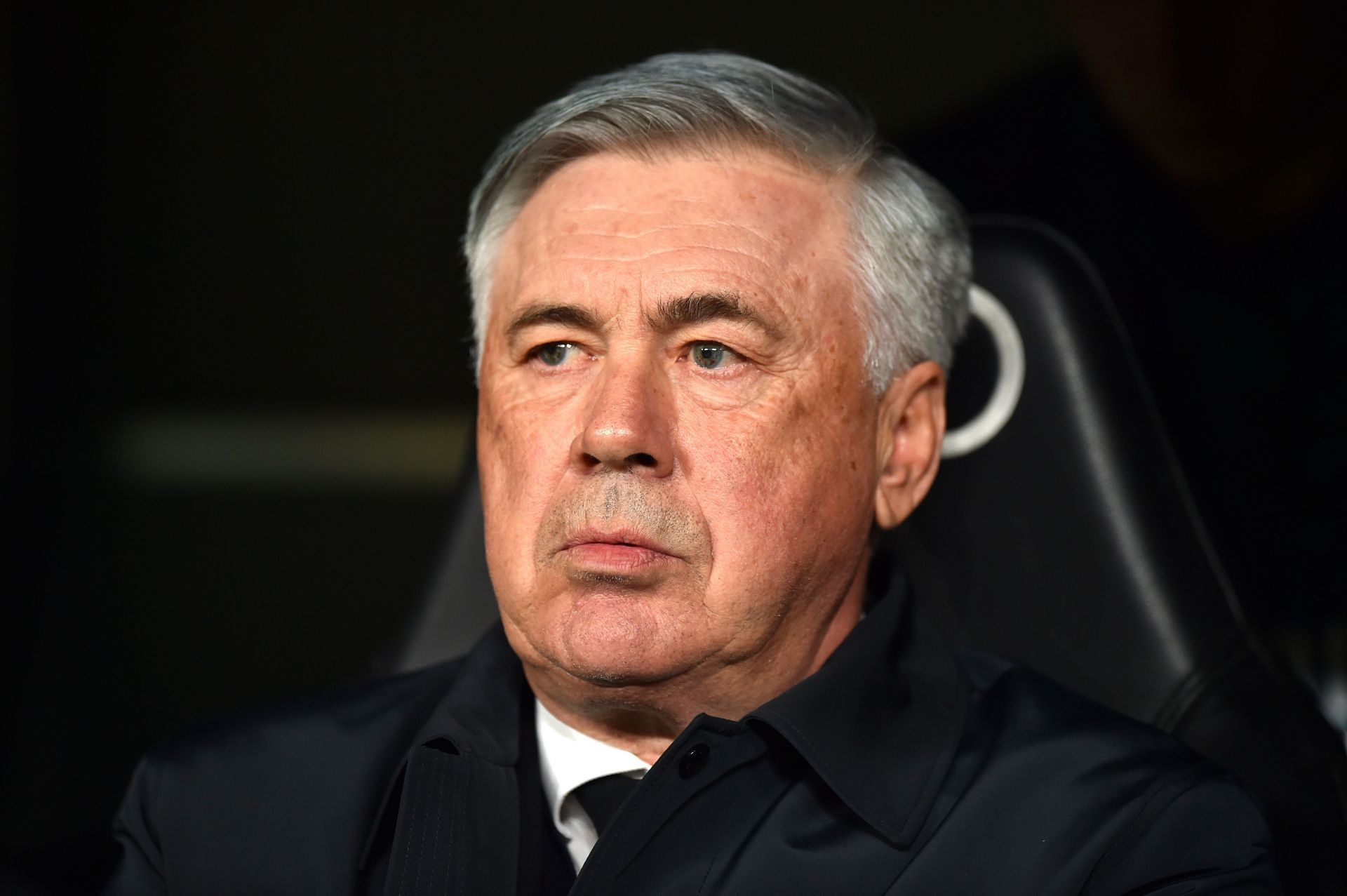
What Xavi is experiencing is simply the beginning of all managerial stories: the period of rise and success before everything goes downhill. Carlo Ancelotti, Xavi’s hapless adversary at the Clasico, had put it perfectly in his book Quiet Leadership (2017):
"First, comes the courtship, when the club identifies you and tries to acquire your services. Then comes the honeymoon period, when everyone – the players, the staff, the fans – give you the time to establish yourself, but which unfortunately, as always in life, never lasts long. Next comes success and stability, should you be able to achieve it… Eventually, this stability plateaus and then the problems begin: the cracks in the relationship… Finally, comes the breakup – the inevitable parting of ways."
Conclusion
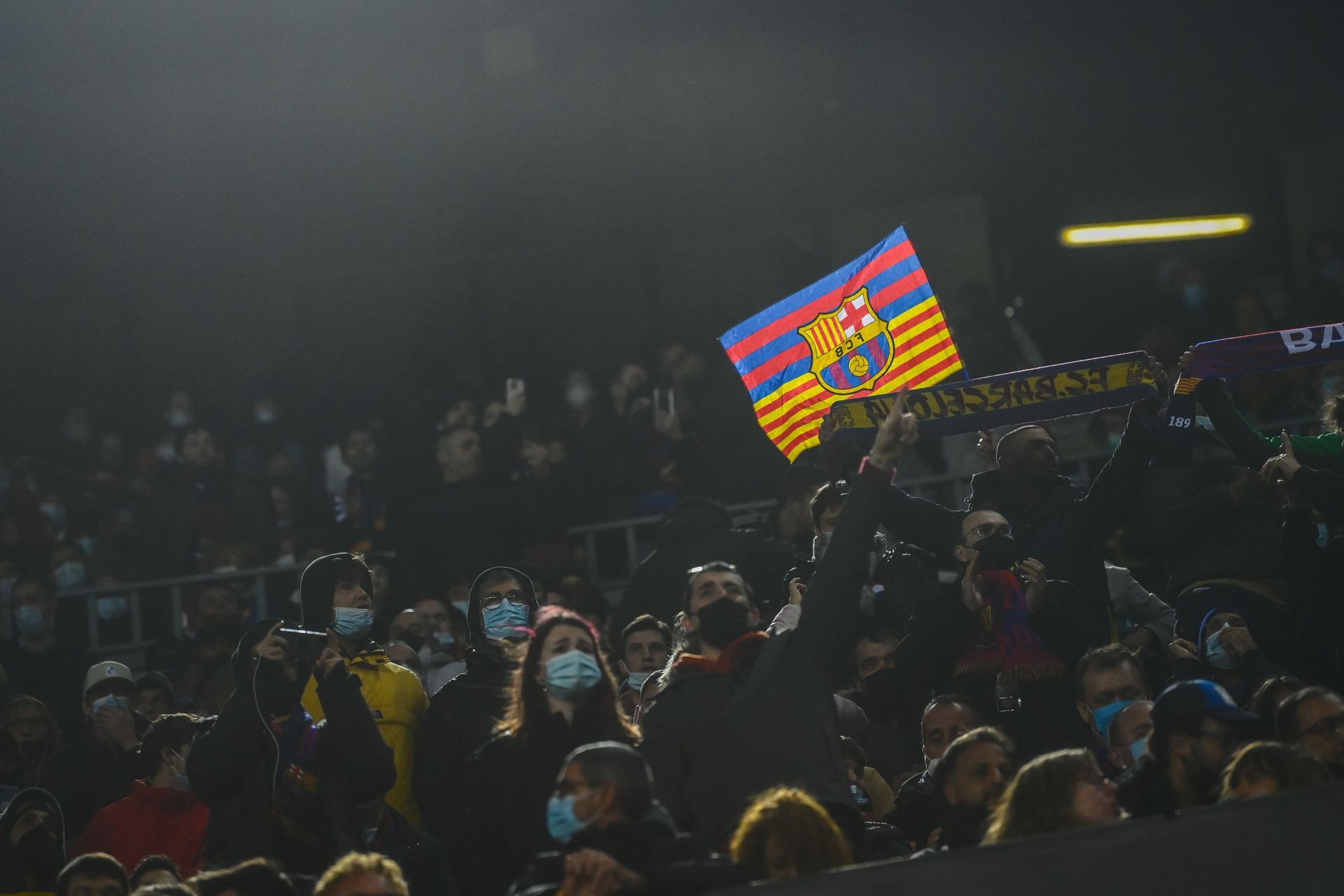
Ancelotti and Xavi are on the opposite ends of their managerial careers. The former is a veteran who has more collective experience in football management than most other managers working today. On the other hand, the 42-year-old Xavi is only just beginning to taste the sweet success of top-flight management.
So, Barcelona fans and players should enjoy the current wave of form the team has been experiencing, but it is always better to remain calm, especially now that the business end of the season approaches.
For now, Barcelona fans will do well to remember the first two lines of "Mac Flecknoe," by the insufferable English poet John Dryden:
All human things are subject to decay
And, when Fate summons, monarchs must obey